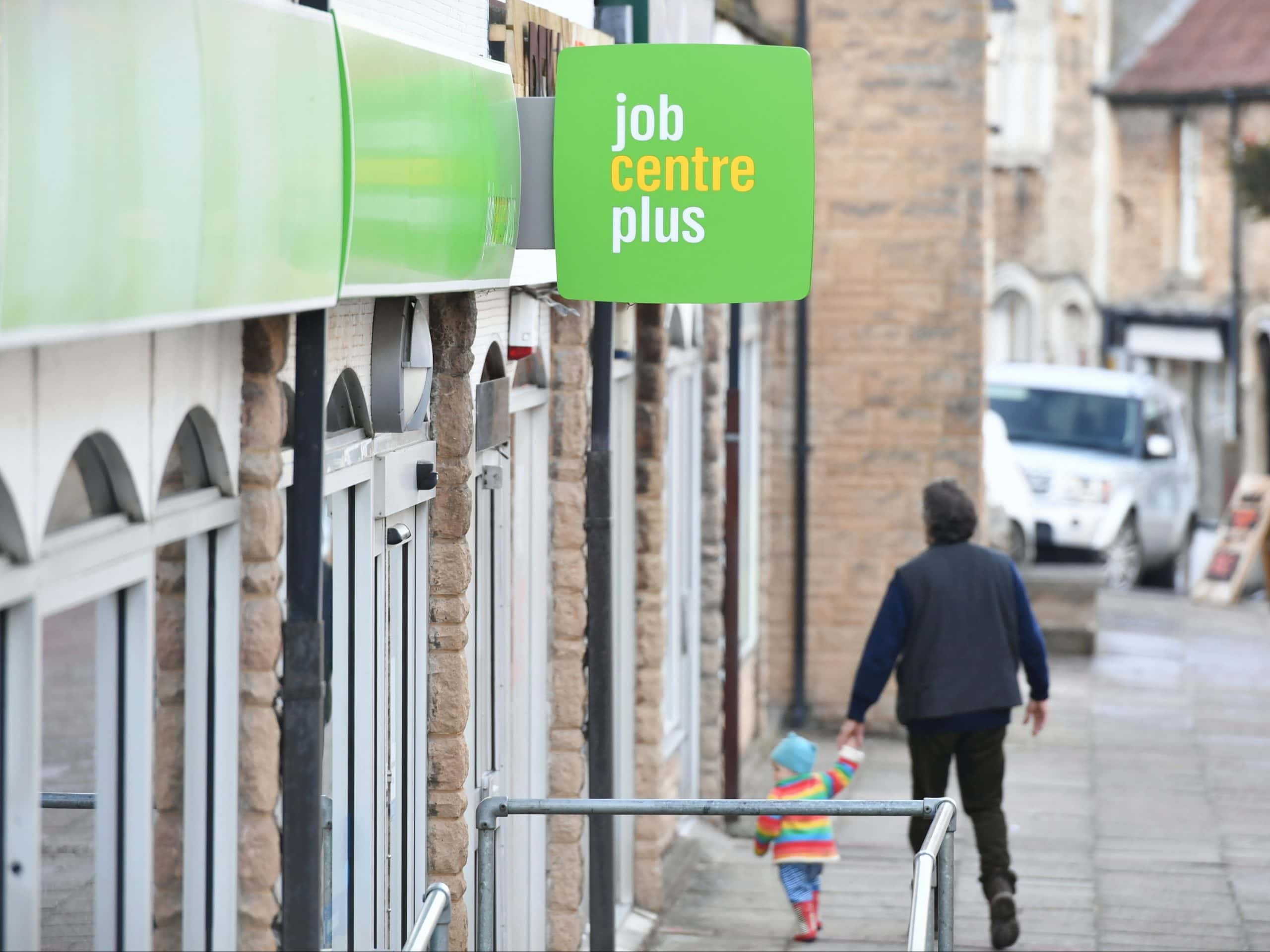The Department for Work and Pensions (DWP) aims to shift the majority of individuals to Universal Credit by December 2024.

The process of transitioning millions of people from legacy benefits to Universal Credit is underway after being temporarily halted due to the COVID-19 pandemic
At the restart of the “managed migration” process, around 2.6 million people in the UK were still claiming legacy benefits. Universal Credit will replace the following six benefits: Working Tax Credit, Child Tax Credit, Income-based Jobseeker’s Allowance (JSA), Income Support, Income-related Employment and Support Allowance (ESA), and Housing Benefit.
Most individuals will be moved to Universal Credit by the end of 2024. However, those currently claiming income-related ESA without Tax Credits will be transferred by 2028. New applications for these legacy benefits are no longer accepted, requiring individuals to apply for Universal Credit instead. Individuals who receive a “migration notice” will have three months to start claiming Universal Credit; failing to do so within the deadline will result in the cessation of current benefits.
In certain cases, individuals may be moved earlier if their circumstances change, such as a change in residence or working hours
It is possible to opt for an earlier transition if it is expected to be financially beneficial, but individuals should carefully research and utilize online benefits calculators such as Policy in Practice, entitled to, and Turn2us before making a decision. Seeking advice from organizations like Citizens Advice or Turn2Us is also recommended.
The DWP asserts that 55% (1.4 million) of individuals will be better off under Universal Credit, while 35% (900,000) will experience financial disadvantages. Approximately 300,000 benefit claimants will see no change. Those who are more likely to benefit from Universal Credit include working renters, individuals with higher earnings (excluding rent), those with substantial childcare costs, and some self-employed individuals. On the other hand, those who are unemployed, working without rent, self-employed individuals earning less than the “minimum income floor,” individuals with savings over £16,000, and some people with disabilities or caregiving responsibilities may be worse off.
READ ALSO: House Democrats Revive A Bill That Would Make The Increased Monthly Child Tax Credit Long-Term




